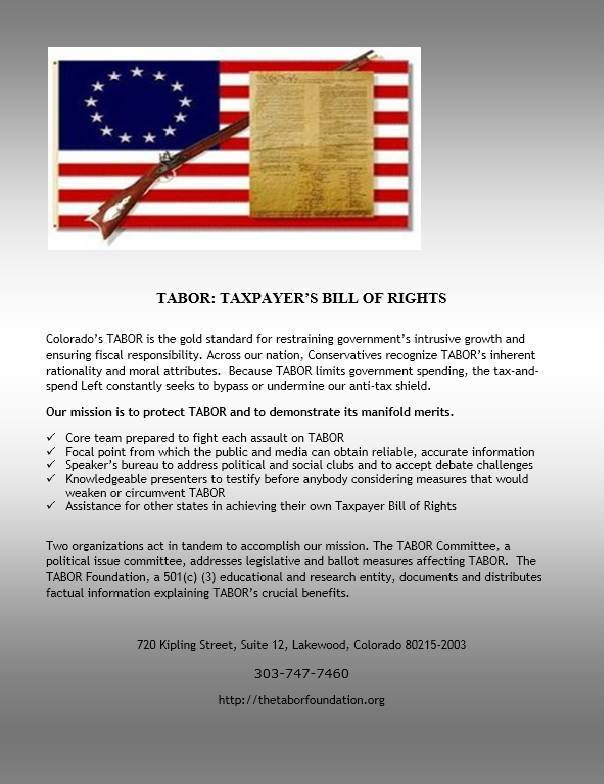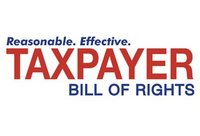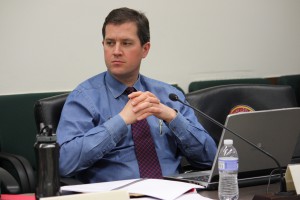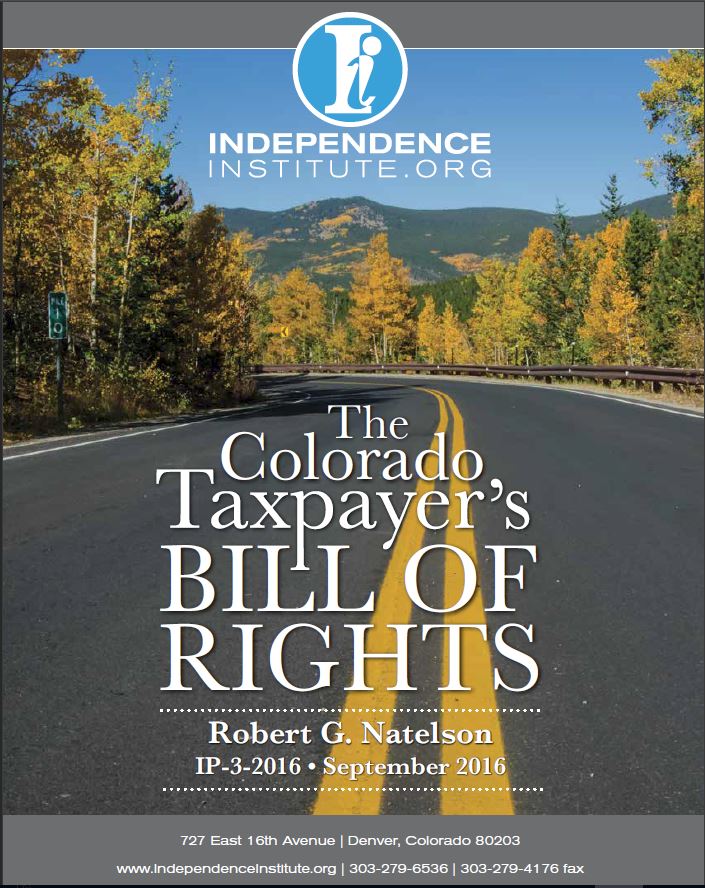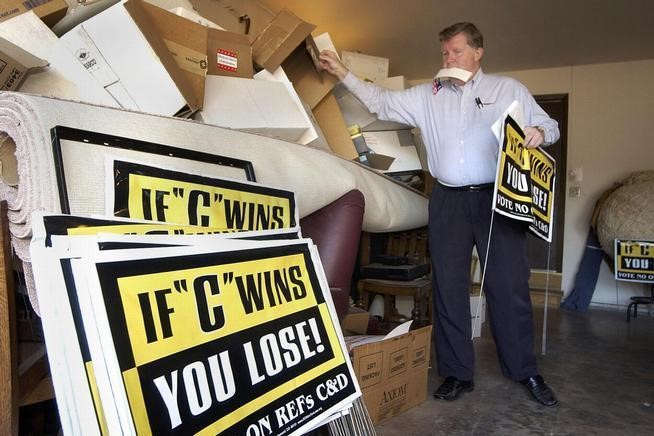Bed tax law suit gets new life
DENVER — Ongoing litigation against the Colorado Department of Health Care Policy & Financing, among others, over a 2009 program that raised taxes via a “hospital provider fee,” has new energy after Cause of Action Institute announced earlier this month it would take on the representation of the plaintiffs in the case.
Cause of Action is a Washington D.C.-based 501(c)(3) organization that according to its website advocates for “economic freedom and individual opportunity advanced by honest, accountable, and limited government.”
Plaintiffs, who were originally represented by Mountain States Legal Foundation, had 60 days to find new counsel after Mountain States withdrew for reasons not related to the case or the plaintiffs.
Lee Steven and James Valvo are the lead attorneys. The Colorado-licensed attorney is Michael Francisco, who while working in the Colorado Attorney General’s office helped to write the defense of Colorado’s Taxpayer’s Bill of Rights (TABOR) in Kerr vs. Hickenlooper, which claimed TABOR was a violation of the U.S. Constitution’s guarantee of a republican form of government. That argument lost.
This case was initially filed in 2015. It asserts the state’s Hospital Provider Fee is actually a tax enacted in violation of the TABOR. Continue reading
